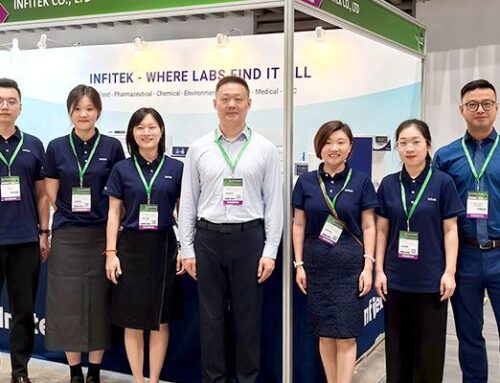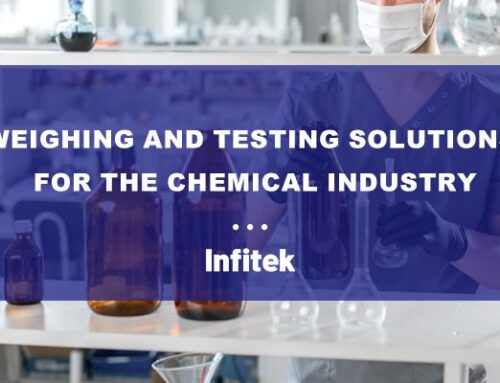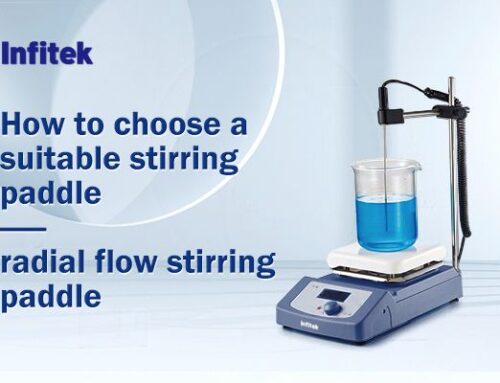Fahad Mahmood, MEng. He has previous experience as a proposal engineer in process water in pharmaceutical and industrial applications. He has also managed projects in water purification in health care and scientific applications. Fahad earned his master’s degree from the University of Manchester.
Q: WHY DOES WATER QUALITY MATTER IN CLINICAL LABS? WHAT ISSUES MAY ARISE FROM USING INSUFFICIENTLY PURE WATER?
A: Purified water is critical in the clinical lab. Impure water causes a buildup of residue, biofilm, and contaminants in clinical analyzers. Consequently, more frequent cleaning, maintenance, and part replacements may be required, leading to downtime and lost revenue. Impure water also leads to inaccurate calibration, jeopardizing the accuracy of clinical assays. Thus, poor water quality causes major disruptions for clinical staff and affects the accuracy and speed of results needed for patient care.
Q: HOW IS “PURE WATER” DEFINED IN THE CONTEXT OF CLINICAL LABS?
A: Water specifications can vary from clinical analyzer manufacturers to local regulatory bodies. The College of American Pathologists, which has a reputed accreditation program, recommends that laboratory water should meet the Clinical Laboratory Reagents standards (CLRW standard) specified by the Clinical and Laboratory Standards Institute. This standard limits four key types of impurities—ions, particulates, organics, and bacteria.
Q: WHAT ARE THE MAIN WATER CONTAMINATION RISKS FOR CLINICAL LABS?
A: In clinical analyzers, purified water is used in the baths, probes, reservoirs, syringes, and washes. Bacteria in the water can interfere with photometric and chemiluminescence readings and with general calibration. Particulates, ions, and organics can affect pipetting syringes, the sample, or reagent probes, leading to imprecise pipetting. Residue buildup and contamination can lead to unnecessary repeats and a waste of reagents, and potentially inaccurate patient results.
Q: WHAT ARE THE KEY CONSIDERATIONS WHEN SELECTING A CLINICAL WATER PURIFICATION SYSTEM?
A: Here are five questions labs can ask potential suppliers when purchasing a water purification system. The supplier’s answers will help you gauge whether they understand the performance of their product, and if they can provide you with the best system for the long run.
What is the quality of the incoming water?
Does the water purification system include additional treatment steps?
What will the purified water feed into and who uses it (one or many labs)?
What are the redundancy features and support system if there is a system breakdown?
What would the total cost of operations be over a given time period?
At Elga, our priority is to equip labs with water purification systems that provide them with peace of mind while minimizing time and labor cost, so that instead of worrying about water quality, they can focus on accurately and quickly analyzing patient samples
Article selected from clinicallab.com written by ZAHRAA CHORGHAY, PHD




Get Social